
Autonomous driving taxis are tested in Yongchuan district, Chongqing, in December. (Photo/CHINA DAILY)
After introducing China's first fully automated bus service in November last year, Yongchuan district in Chongqing is steering toward becoming more than just a regional powerhouse for autonomous driving in western China.
Recently, 14 autonomous driving taxis, also known as robotaxis, were put into commercial operation at the Western China Autonomous Driving Open Test Base-an area covering 85 square kilometers with 220 km of roads.
The white Baidu Apollo robotaxis are capable of Level-4 autonomous driving, which means that the vehicle can drive autonomously in most conditions without a human driver.
"I'd only seen self-driving cars in science fiction movies, and never thought I'd experience it for myself," said Liu Jiayu, one of the first commercial robotaxi passengers in Chongqing. "The vehicle runs smoothly with no shaking or sudden braking."
Passengers can hail and pay for rides using mobile phone apps such as Apollo Go, Baidu Maps and Yongchuan Public Service from 7 am to 11 pm every day, said Ruan Tingchuan, head of operations for Baidu's autonomous driving arm Apollo Run in Chongqing.
He said the base rate flag fall is 16 yuan ($2.40) and the fare is charged at 2.8 yuan per km.
The robotaxi service includes more than 70 pick-up and drop-off points that cover scenic spots, schools, shopping malls, residential areas and industrial parks. The vehicles' designated speed is no more than 60 km/h.
"There is a human operator in the driver's seat to ensure safety, but a fully driverless robotaxi service in Yongchuan is expected to be realized this year," said Ruan, who added that the industry has ushered in an important opportunity of regulatory openness.
On April 28, Beijing granted China's first autonomous driving permits to two robotaxi operators-Baidu Inc and Pony.ai-that for the first time allowed the removal of a safety operator in robotaxis on public roads in the capital.
Ruan said the company had recently realized fully driverless operation in a designated area of 60 sq km in Yizhuang, a southern suburb of Beijing.
"The move marks a significant milestone," said Chen Hongxiao, operations manager for Apollo Park of Baidu. "The autonomous driving industry in the country has moved from technical verification and product development to a new phase of commercialization."
She said Baidu Apollo also rolled out commercial robotaxi ride-hailing services in Wuhan of Hubei on June 30, following Beijing, Chongqing and Shanxi's Yangquan. Its overall autonomous ride-hailing service provided 196,000 rides in the first quarter.
As the gateway to Southwest China and a major industrial base, Chongqing boasts one of the world's largest IT industrial clusters and one of the largest auto manufacturing bases in the country. The government aims to build the city into a renowned smart city and a smart manufacturing powerhouse.
Chongqing's Yongchuan district, a key connecting point in the Chengdu-Chongqing Economic Circle, is striving to build a national-level autonomous driving test and demonstration base by the end of the 14th Five-Year Plan (2021-25), said Deng Wen, executive deputy head of the Yongchuan district government.
"Chongqing's complex landforms provide autonomous vehicles with various natural test scenes, which can better and faster improve autonomous driving through constant tests and adjustments," said Chen.
The base, established in 2019, was the first in western China for autonomous driving open test and demonstration, and is taking the lead in autonomous bus services.
On Nov 28 last year, three buses equipped with Level-4 autopilot technologies hit the road in the district's Chongqing Cloud Valley Yongchuan Big Data Industrial Park, marking the first autonomous bus route in the country put into commercial operation.
The bus, called robobus, developed by Baidu and bus manufacturer King Long, is 5.9 meters long and can carry 12 passengers at up to 40 km/h.
The bus is able to identify pedestrians, vehicles and other obstacles within 240 meters, according to Baidu.
The 10-km bus route has eight bus stops. Passengers can use an e-ticket system and use facial recognition or smart/transit cards, and the fare is two yuan, the same as regular buses.
As autonomous driving technology continues to mature, the autonomous driving industry is poised to consolidate in the coming years. According to market consultancy IHS Markit, the size of the autonomous car service market in China will exceed 1.3 trillion yuan, with top-ranked service provider Baidu accounting for 40 percent of the market share.
Overseas and Chinese tech giants including Google, Microsoft, Baidu, Pony.ai and Huawei, have all stepped up investments in the emerging market, convinced it will be the new trend in the new intelligent era.
Since it started investing in autonomous driving in 2013, Baidu has become one of the few Chinese technology companies to have launched autonomous driving services for the public.
"I hope intelligent autonomous driving will become another impressive calling card of China, like the high-speed railway," Li Deyi, an artificial intelligence expert and academician at the Chinese Academy of Engineering, said at a subforum of the 2021 World Intelligence Conference.













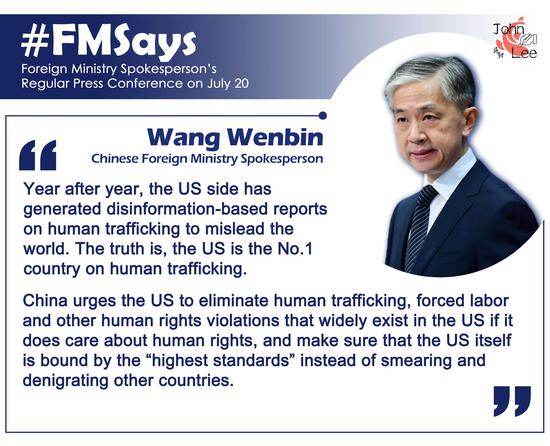

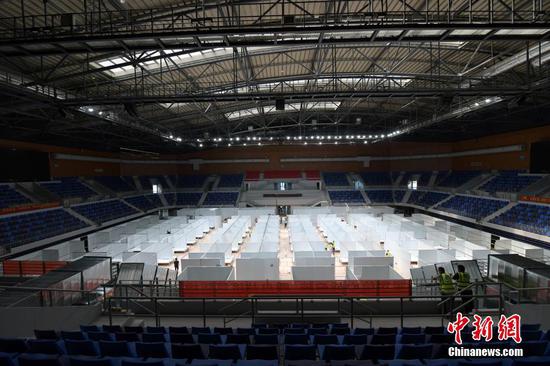

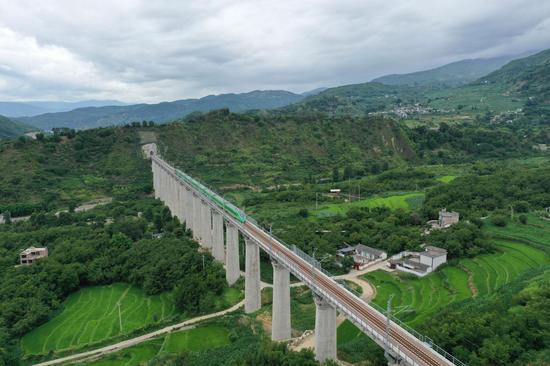
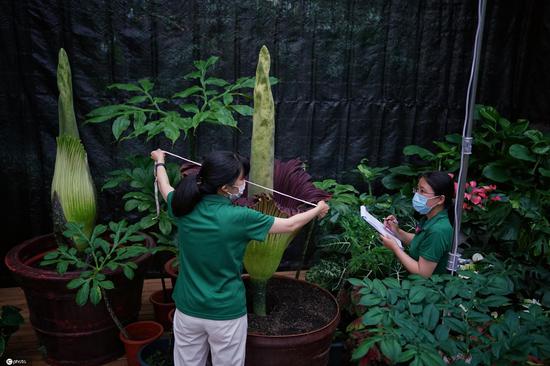




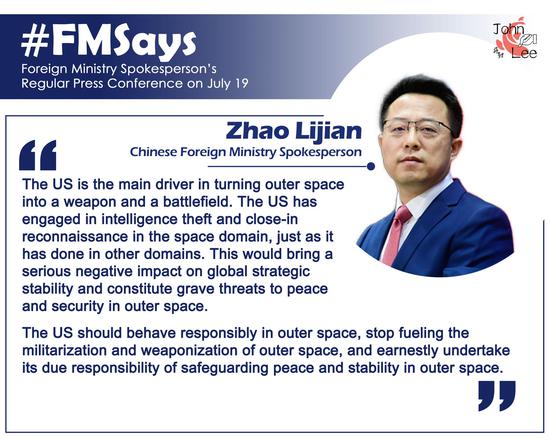
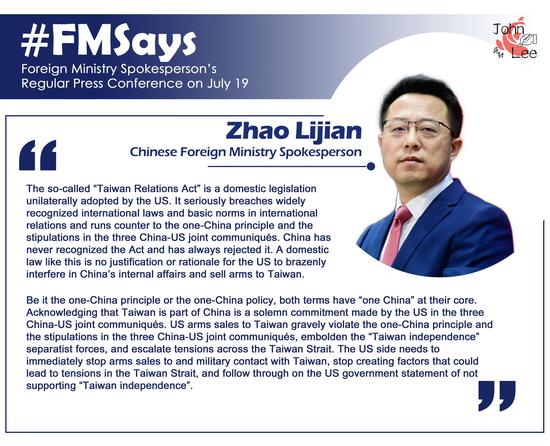
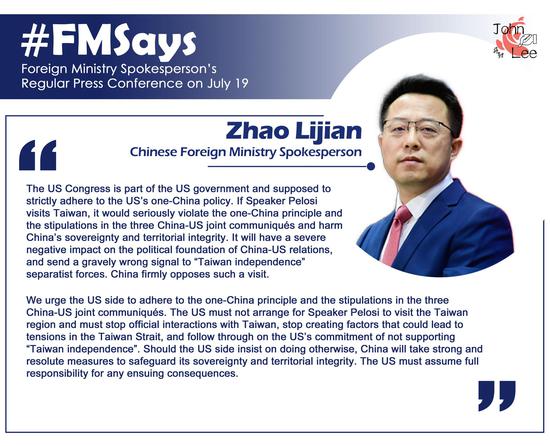



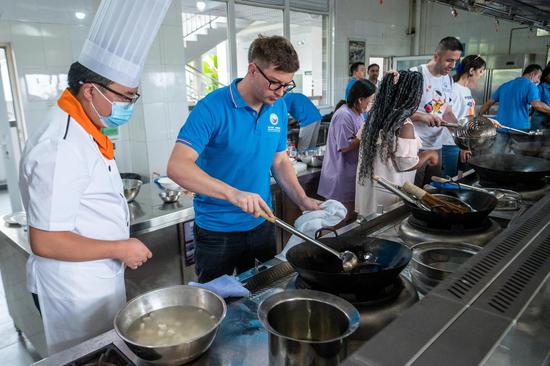

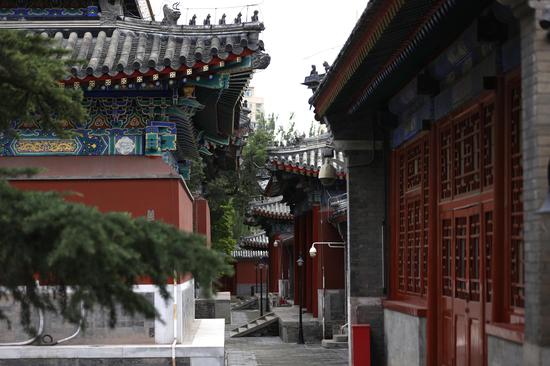

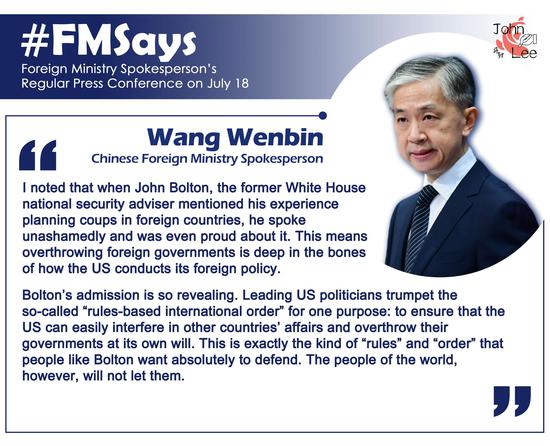
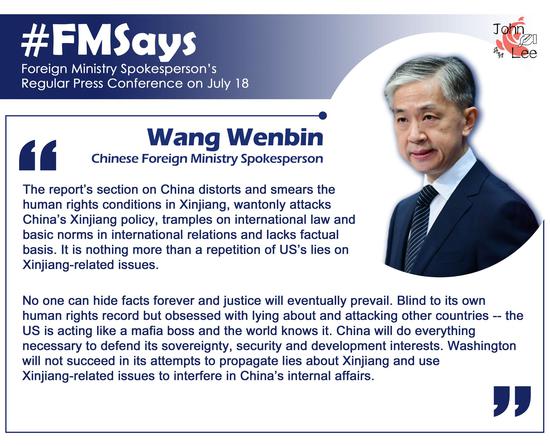
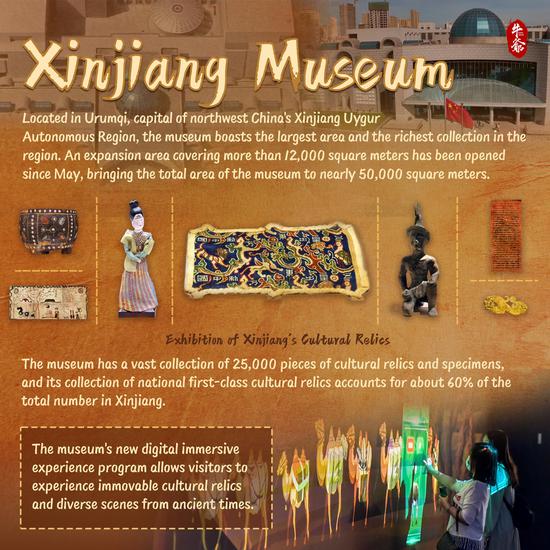
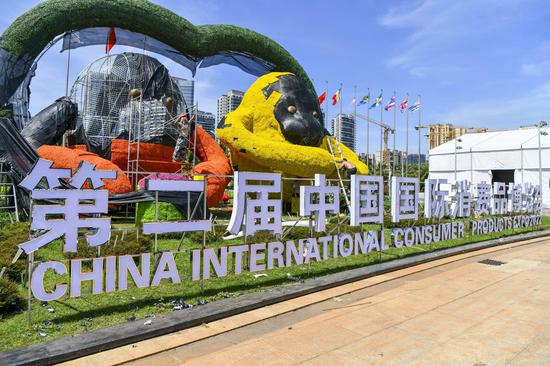
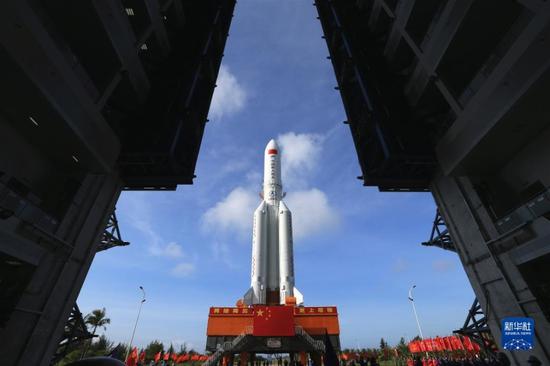



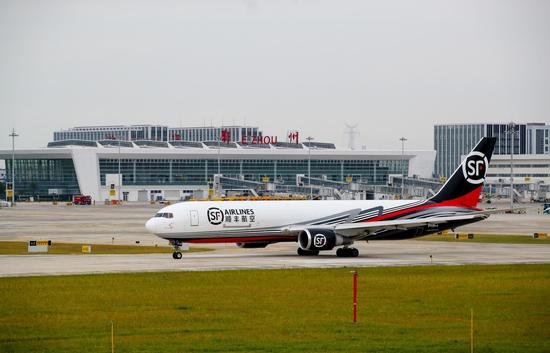
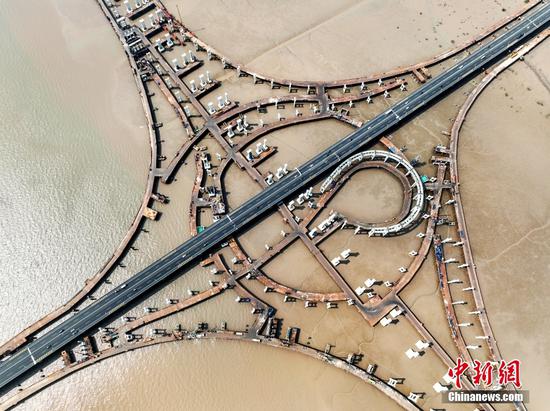

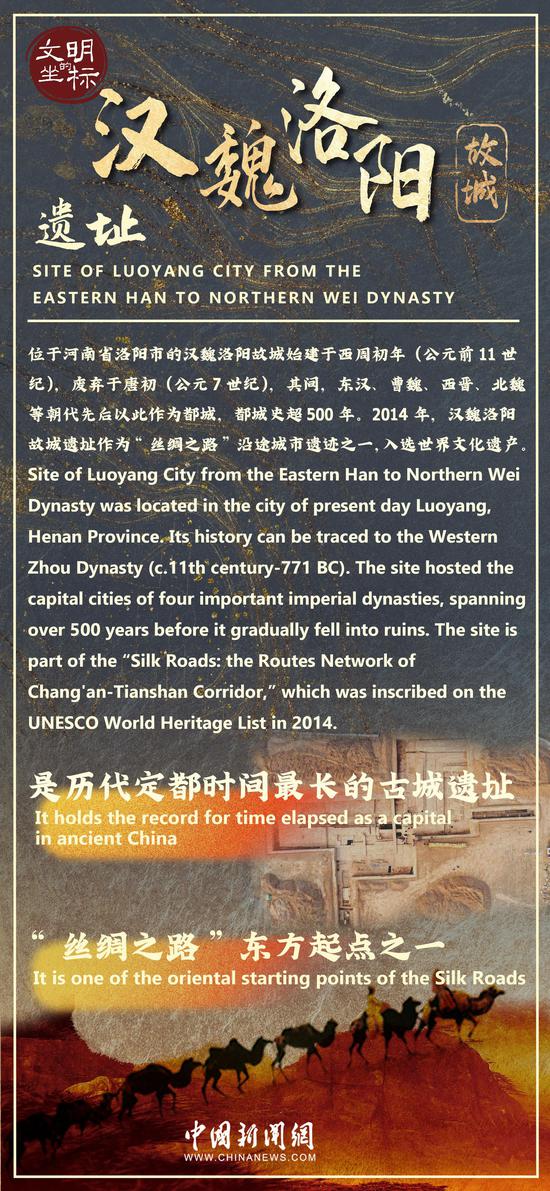





 京公网安备 11010202009201号
京公网安备 11010202009201号